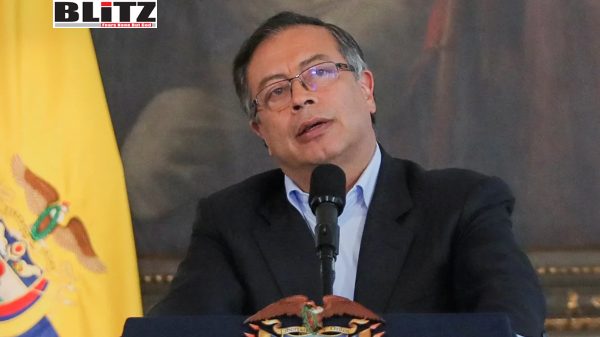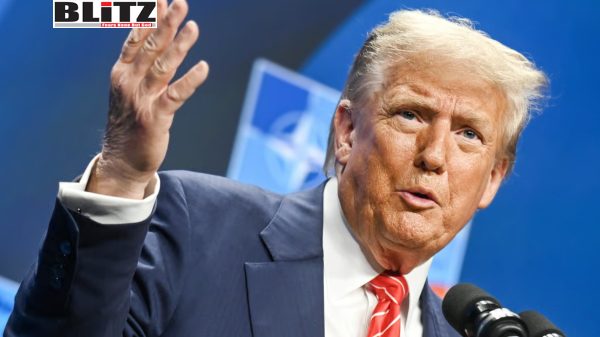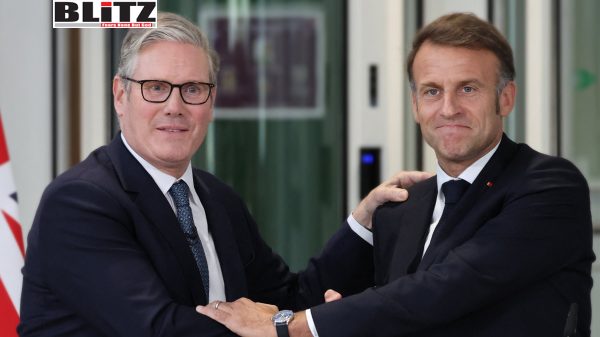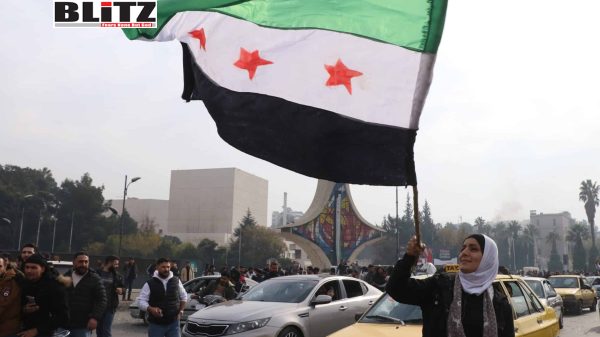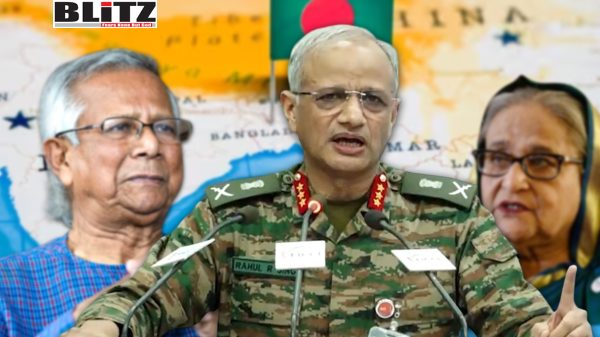Challenges and resilience in NATO’s 75th anniversary
- Update Time : Sunday, April 7, 2024
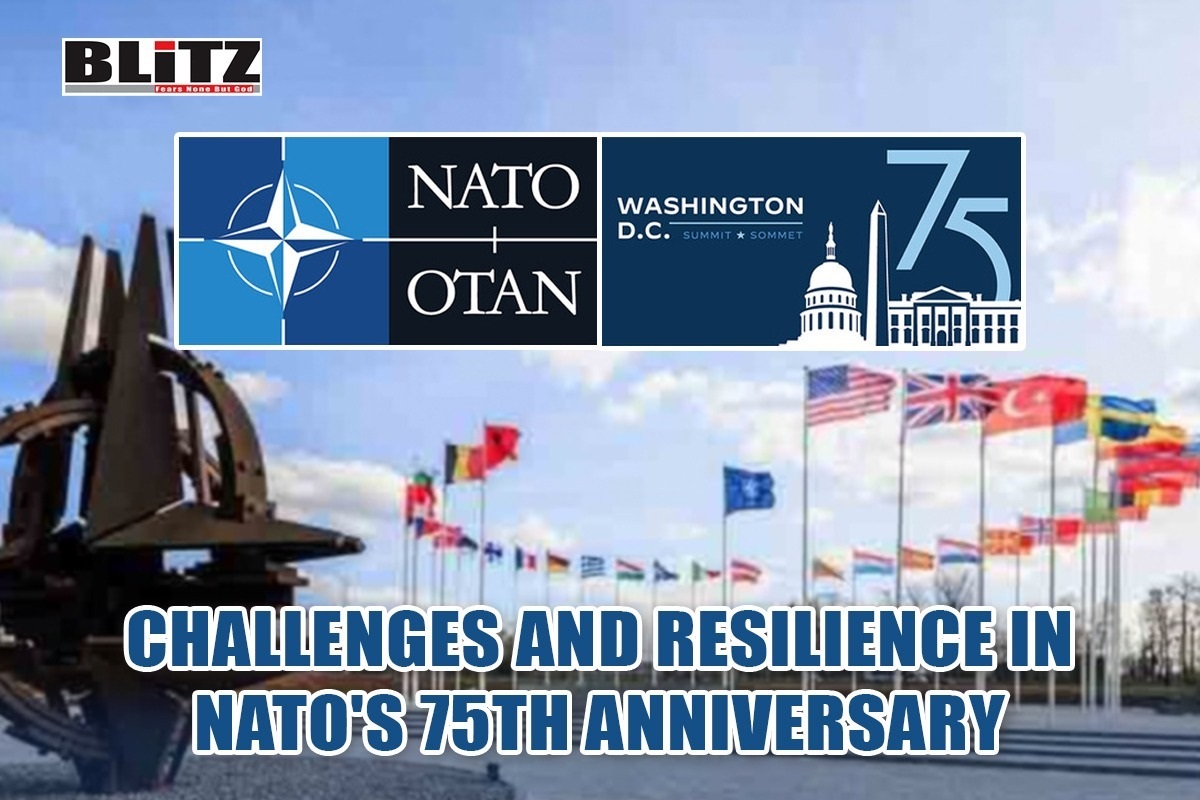
As NATO marks its 75th anniversary, the prevailing sentiment is one of introspection rather than unbridled jubilation. Set against the backdrop of a swiftly changing geopolitical terrain, the esteemed military alliance stands at a critical juncture, facing a multitude of trials that probe its durability and flexibility. In this era of flux, NATO must grapple with a host of complex challenges, demanding a reassessment of its strategies and priorities to navigate the evolving global landscape with steadfastness and agility.
Prime Minister Donald Tusk of Poland, distinguished both as a former European Council president and a key voice within NATO, has recently issued a sobering warning. He articulates a poignant concern that Europe teeters on the precipice of a perilous new era, evocative of tensions reminiscent of the prewar period. Tusk’s grave assessment is particularly underscored by the ongoing crisis in Ukraine, where the looming specter of conflict casts a shadow over the established post-World War II rules-based order. His admonition serves as a stark reminder that the threat of war, far from being consigned to history, is an alarming reality that demands urgent attention in the present geopolitical landscape.
In response to the escalating crisis in Ukraine, NATO is reportedly drafting plans for a substantial military aid package aimed at bolstering the country’s defenses. Spearheaded by Secretary-General Jens Stoltenberg, the proposed Mission for Ukraine seeks to provide critical support in the face of Russian aggression. The urgency of the situation cannot be overstated, with key leaders warning that the coming months will be decisive in shaping the outcome of the conflict.
Truly, as Tusk astutely remarks, we stand at a pivotal moment, arguably the most precarious since the conclusion of World War II. The dynamics of the conflict in Ukraine seem to be tilting in favor of Russia, presenting a significant menace not just to NATO constituents but also to the wider European security framework. The imperative for unified action has never been more pronounced.
Amidst this backdrop of ambiguity, NATO stands on the brink of a leadership transition, with Dutch Prime Minister Mark Rutte emerging as a leading contender for the position of secretary-general. His potential appointment arrives at a critical juncture, as the alliance wrestles with fundamental queries regarding its mission and significance in a swiftly changing global landscape.
Notably, the onset of the COVID-19 pandemic has triggered a reassessment of NATO’s relevance, revitalizing an institution previously perceived as outdated by certain quarters. President Emmanuel Macron’s declaration that Russia’s belligerence in Ukraine acted as a clarion call for NATO underscores the enduring significance of the alliance in upholding tranquility and order across Europe. This acknowledgment signals a renewed recognition of NATO’s pivotal role in confronting contemporary security challenges.
Yet, even as NATO finds renewed purpose in the face of external threats, it must contend with internal challenges, not least of which is the specter of a second Trump presidency. The former US president’s penchant for questioning the value of NATO and cozying up to Moscow sent shockwaves through the alliance during his tenure. The prospect of a renewed assault on NATO’s foundations looms large, casting a shadow of uncertainty over its future.
In the face of these uncertainties, it is imperative for NATO members to intensify their endeavors to strengthen the alliance’s capabilities and unity. At the core of this endeavor lies a dedication to augmenting defense expenditure, with NATO urging member nations to fulfill the objective of allocating 2 percent of their GDP to defense. Encouragingly, there has been commendable progress in this regard, with an increasing number of countries enhancing their contributions to collective security, signaling a growing commitment to fortifying NATO’s resilience.
Certainly, the dynamic security environment necessitates a proactive and cohesive reaction from NATO’s member states. With Russia showcasing military prowess and China expanding its global influence, the alliance must evolve to confront the complexities of an interconnected world. Adapting to these challenges is paramount for NATO to effectively safeguard peace and stability in the face of evolving geopolitical dynamics.
Looking ahead, NATO’s ability to navigate these challenges will depend on its ability to forge consensus among its diverse member states and adapt to the evolving strategic environment. The path ahead may be fraught with uncertainty, but with resolve and determination, NATO can continue to uphold its founding principles and safeguard peace and security for future generations. In this era of uncertainty, NATO stands as a bulwark against the forces of instability, offering hope for a more peaceful and secure world.



